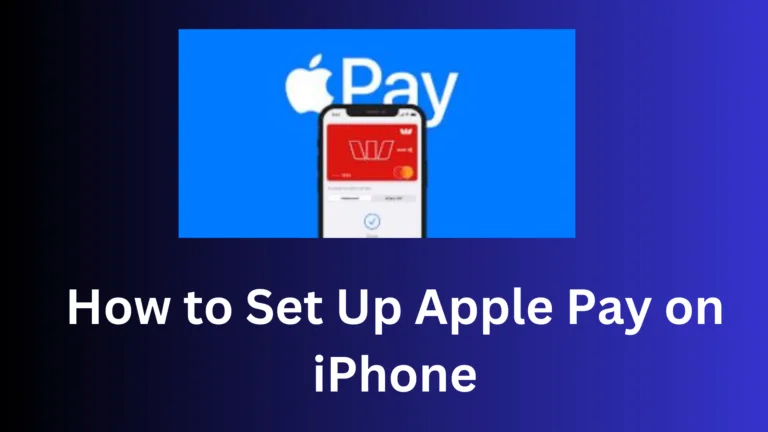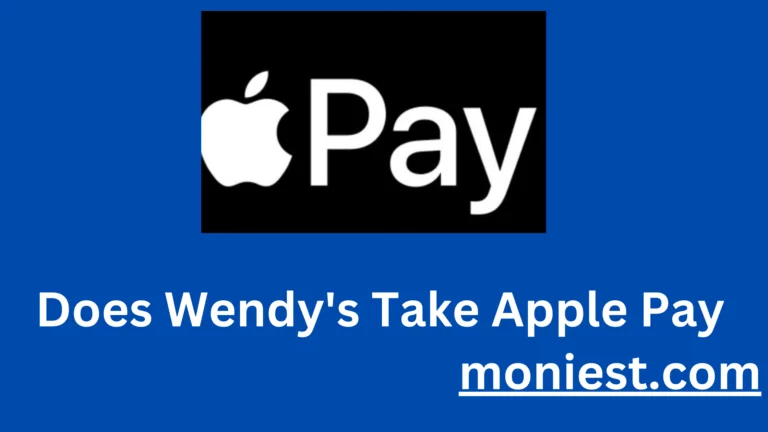What is a PayPal Business Account? How it Works, Pros & Cons
PayPal Business Account unveils a world where convenience meets professionalism in online transactions. As a cornerstone of modern e-commerce, PayPal has revolutionized how businesses handle payments, offering a versatile and user-friendly platform.
This account type is not just a means to send and receive payments; it’s a gateway to global business opportunities, providing features tailored for business growth and customer satisfaction.
However, like any financial tool, it comes with its advantages and drawbacks. We’ll explore the pros and cons, providing a balanced view to help you determine if it aligns with your business needs.
What is a PayPal Business Account and How Does it Work?
A PayPal Business Account is a comprehensive payment solution designed to cater to the needs of businesses. It functions as a digital wallet that facilitates online transactions, allowing businesses to send and receive payments globally.
It is an enhancement over the personal PayPal account, offering additional features tailored for business transactions.. Pal Business Accounts also offer a variety of features that can help businesses grow and manage their finances, such as invoicing, dispute resolution, and buyer protection.
To get started with a PayPal Business Account, you need to sign up on PayPal’s website, choose the business account option, and provide the required details, such as your business name, address, and bank account information. After verification, you will have access to a dashboard where you can manage payments, view transaction history, issue refunds, and generate financial reports.
How Does a PayPal Business Account Work?
A PayPal Business Account is tailored to meet the demands of businesses, non-profits, and any individual who operates under a company group or partnership. Here’s a step-by-step breakdown of how it works:
- Account Setup: First, you’ll need to sign up for an account on PayPal’s website. During the signup process, you’ll select the ‘Business Account’ option. PayPal will guide you through providing your business information, including legal business name, address, and phone number. You’ll also be asked for your Employer Identification Number (EIN) or, for sole proprietors, your Social Security Number (SSN).
- Linking Bank Account and Cards: To fully utilize your account, you should link your bank account and cards to your PayPal account. This allows for seamless transfers between PayPal and your bank and gives you the ability to fund your transactions and accept payments.
- Account Verification: For security and functionality purposes, PayPal will need to verify your identity and your bank account. This usually involves PayPal making two small deposits into your bank account, which you’ll then report back to confirm ownership.
- Making and Receiving Payments: Once your account is set up, you can start making payments to suppliers or service providers and receive payments from customers. When you send invoices or payment requests, customers can pay you through PayPal, even if they don’t have a PayPal account themselves.
- PayPal as a Payment Gateway: For e-commerce businesses, PayPal can be integrated as a payment gateway on your website. Customers can complete their purchases using PayPal, which processes payments from various sources like credit cards, debit cards, or PayPal balances.
- Managing Funds: You can manage the funds in your PayPal Business Account in several ways. You can keep it in your PayPal balance for future transactions, use it to make purchases with merchants who accept PayPal, or transfer it to your linked bank account.
- Invoicing and Billing: PayPal offers built-in tools for creating and sending professional invoices. You can customize invoices with your branding, and customers can pay directly through the invoice. You can also set up subscription billing for recurring payments.
- Providing Refunds: In the event that you need to issue a refund, you can do this directly through your PayPal account. This helps maintain trust and credibility with your customers.
- Reporting Tools: PayPal Business Accounts come with reporting and analytics tools. You can track sales, monitor customer payments, and evaluate your business’s financial health directly from your PayPal dashboard.
- Multi-User Access: As a business, you might need to give access to your account to multiple employees. PayPal allows you to set up different levels of access for your team so they can perform tasks like shipping assistance, accounting, and order processing.
- PayPal Business Debit Card: If you need immediate access to your funds, PayPal offers a business debit card that can be used for purchases or ATM withdrawals directly from your PayPal balance.
- Merchant Services: PayPal Business Accounts have access to additional merchant services like lending, payment gateways for online stores, and card readers for point-of-sale transactions.
- Customer Service and Support: Finally, as a business account holder, you’ll have access to customer support to help with any issues or questions that may arise regarding your account.
By using a PayPal Business Account, businesses can simplify their payment processes, providing a convenient and secure way for their customers to transact, thereby enhancing the customer experience and potentially increasing sales conversions.
The Difference Between Personal and Business PayPal Accounts
The primary difference between personal and business PayPal accounts lies in their intended use. A personal account is suitable for online shopping or transferring money to friends and family. In contrast, a business account offers specialized features for businesses, such as:
- The ability to accept multiple payment types, including credit card payments.
- Options to set up payment solutions for websites.
- Access to business financing and merchant services.
- The capability to grant limited account access to employees.
- Customization options for invoices and checkout experiences.
The Benefits of a PayPal Business Account
Using a PayPal Business Account comes with several advantages:
- Global Reach: Accept payments from customers worldwide in multiple currencies.
- Customer Trust: PayPal is a widely recognized and trusted brand, which can increase consumer confidence in your checkout process.
- Security: PayPal offers advanced security measures to protect both sellers and buyers, including fraud prevention and buyer protection policies.
- Convenience: With a streamlined payment process, customers can complete purchases without leaving your site, potentially reducing cart abandonment.
- Financial Management: The account provides detailed financial tracking and reporting tools that can be integrated with accounting software.
Advantages and Disadvantages of PayPal Business Account
Pros:
- Ease of Use: PayPal’s user interface is intuitive, making it easy to navigate and manage transactions.
- Mobile App: Manage your business transactions on the go with PayPal’s mobile app.
- Flexibility: Send invoices, set up subscription billing, and accept payments in various ways.
- Credit Card Acceptance: Even without a merchant account, you can accept credit cards from customers.
- Instant Access to Funds: PayPal provides immediate access to funds, which can then be transferred to a linked bank account or used directly for purchases.
Cons:
- Fees: PayPal charges fees for transactions, which can add up, especially for businesses with high sales volumes.
- Account Holds: PayPal may place holds on funds or limit account activity if it detects suspicious activity, which can disrupt business operations.
- Chargebacks: While PayPal does offer seller protection, there are instances where businesses can face chargebacks, leading to lost revenue and merchandise.
PayPal Business Account Fees
Understanding the fee structure is essential when considering a PayPal Business Account. PayPal charges fees for processing transactions, which vary based on the type of transaction, the amount, and the countries involved.
There are also fees for chargebacks and instant transfers to a bank account. It’s important to review the latest fee schedule on PayPal’s website to get accurate information.
Who Pays PayPal Business Fees?
Typically, the seller or the business owner pays the PayPal fees. These fees are deducted from the payment received. However, in certain scenarios, like international transactions, the buyer may be responsible for additional fees, such as currency conversion fees.
Can I Use My Business PayPal Account for Personal Use?
While you can technically use your business account for personal transactions, it is not recommended due to potential tax implications and the confusion it might cause in bookkeeping. It’s best to keep business and personal transactions separate for clearer financial management.
Do You Need a Bank Account for PayPal Business?
While you can set up a PayPal Business Account without a bank account, linking a bank account allows for more functionality, like withdrawing funds and verifying your identity, which can increase the trust factor for potential customers. Additionally, a bank account may be necessary for applying for PayPal credit products.
Conclusion
PayPal Business Account stands as a powerful tool for entrepreneurs and companies navigating the digital economy. Its ability to facilitate easy and secure online transactions makes it an invaluable asset for any business looking to thrive in the online marketplace.
The account’s features, such as invoicing, access to multiple currencies, and comprehensive transaction tracking, cater to the diverse needs of modern businesses, enhancing both operational efficiency and customer experience.



